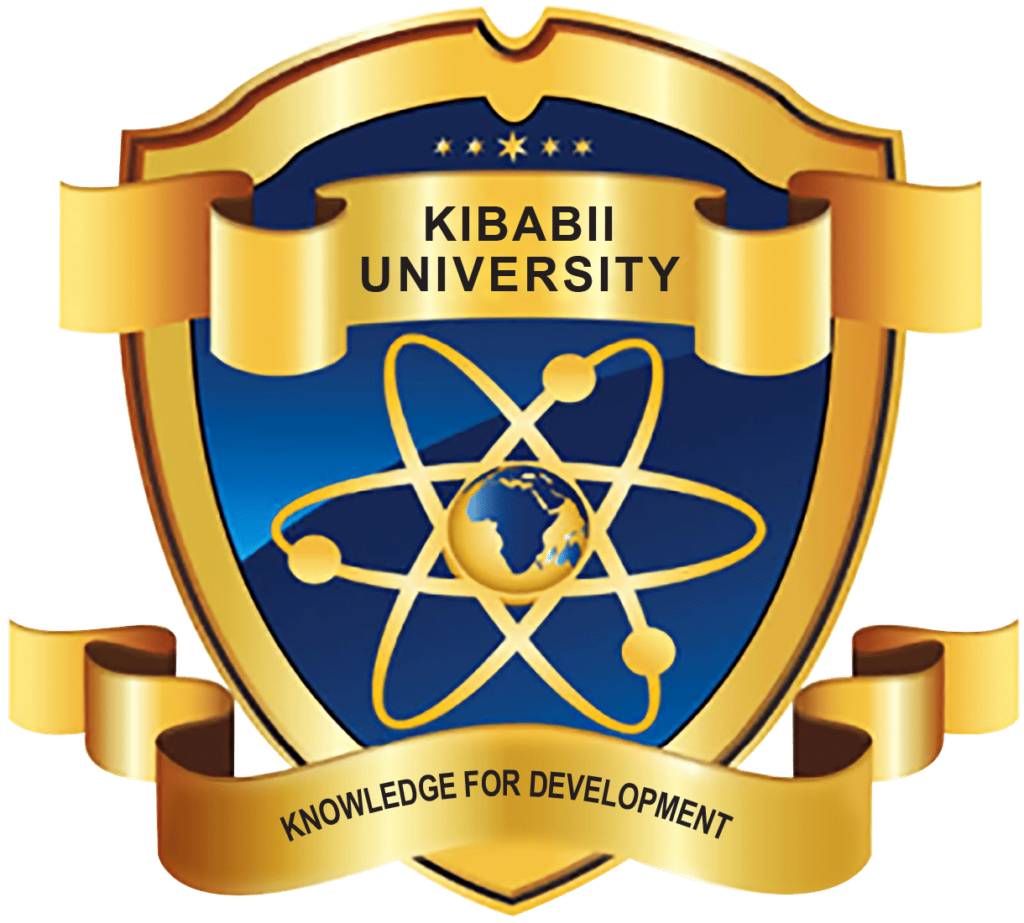|
Master of Information Technology |
|||
| Name | Reg. No | Title | Supervisors |
| Tobias Okumu Otibine | MIT/003/12 | Application Lifecycle Management Activities and Tool Integration for Quality Assurance in Software Development |
|
|
ABSTRACT Lifecycle Management approaches promise more systematic and efficient ways to support the development and management of complex products. The concept of Application Lifecycle Management (ALM) indicates the coordination of activities and the management of artifacts during the software (SW) product’s lifecycle. Most of the currently available unified ALM solutions are either based on basic version control and other ‘low level’ point-to-point integrations, or advocate the adoption of a new and expensive all-in-one solution from a single vendor. The problem with these current solutions is that the first does not go far enough to really provide the previously described benefits of applying an ALM solution, while the second one is often associated with high costs in tools, infrastructure and personnel. Thus the purpose of the research will be to develop an ALM framework. The objectives are: to establish the Application Lifecycle Management activities involved in software development, to determine the level of integration of the Application Lifecycle Management tools in providing Application Lifecycle Management solutions and to develop an Application Lifecycle Management framework for quality assurance in software development. The research will employ case study design. The target population for this study would be the various users involved with ALM activities in software development industries consisting of 200 respondents and will include 6 homogeneous stratum comprising of 20 Managers, 40 Developers, 20 System Testers, 20 System Analysts, 20 System Designers and 80 Users. The data collection tools will include Questionnaire, Observation and Interviews. In order to test the validity and reliability of the instruments, first the questionnaires will be scrutinized and approved by the university supervisor and a group of experts before issuing them. Then a test-retest of the instruments will be done by piloting in two companies which will not be part of the study and the internal consistence of data from the questionnaire’s computed by using the Cronbach’s Alpha coefficient. Data analysis will be done using descriptive and inferential analysis. The expected output will be an ALM framework which will enable deep semantic integration between different activities and tools while still considering the business interests of organizations. |
|||

